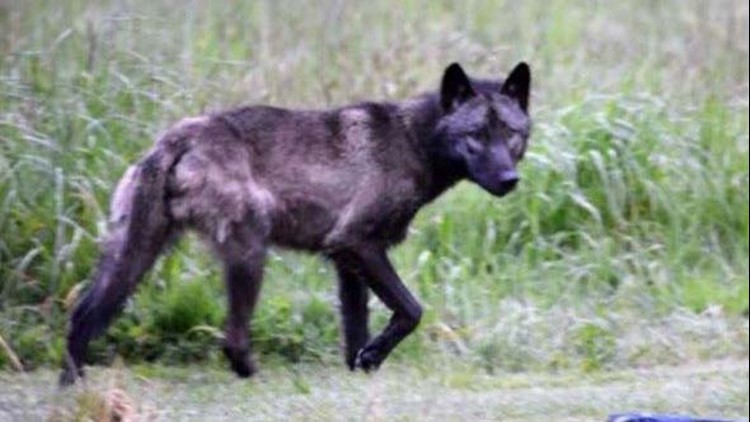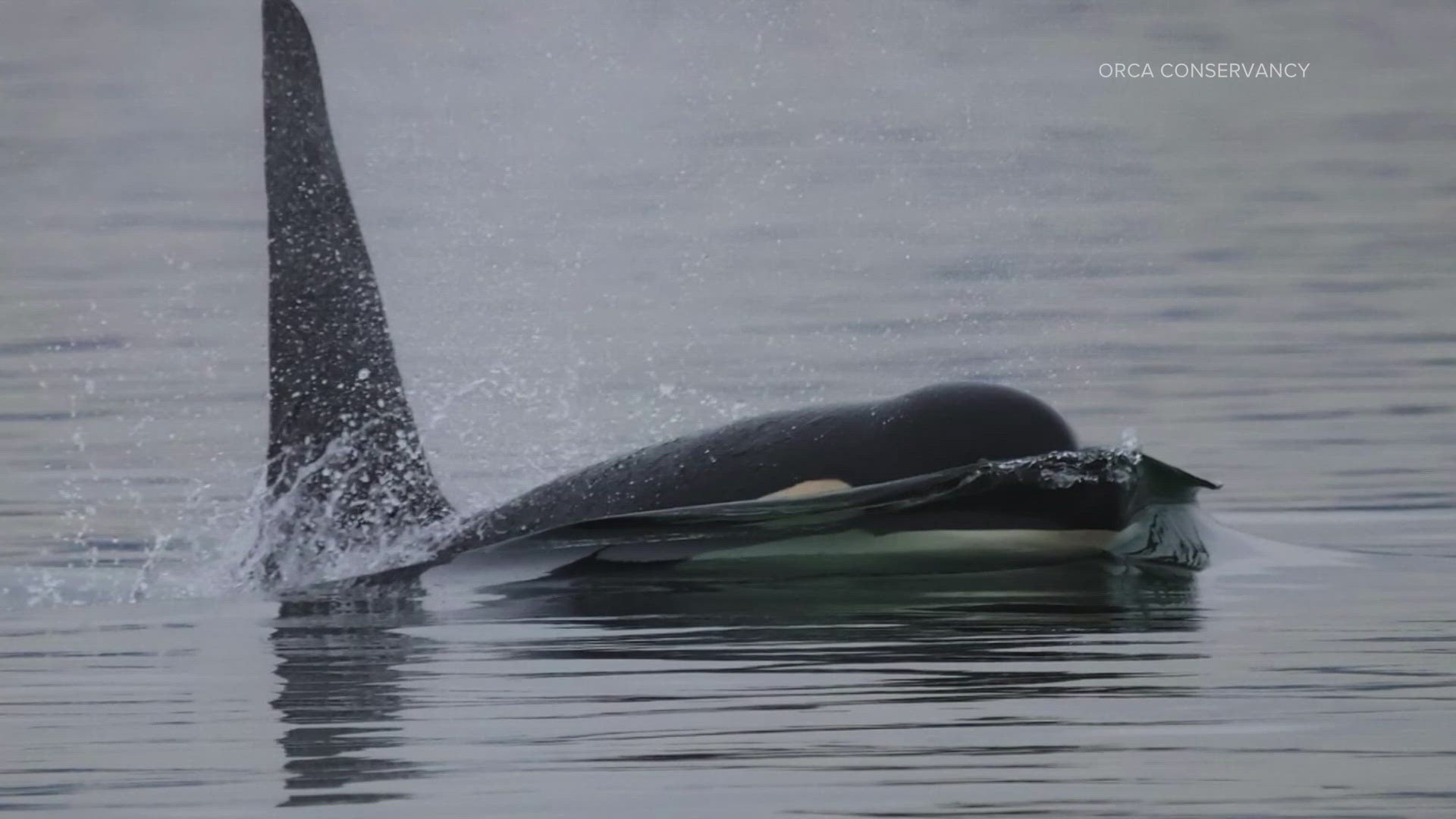Wolves are dividing conservationists as a lawsuit against Washington state aims to stop the killing of wolves that attack livestock.
Caught in the middle are ranchers, and many say it's caused a breakdown in trust.
One of those ranchers is Mark Martinez, who has a herd of sheep in the Teanaway Valley. They live alongside big dogs that protect them from wolves. It can be a dangerous job for the dogs, as it was for one of the border collies.
"She got in between two wolves. They tried to play tug-of-war with her and luckily the herder was close enough by the vicinity that he was able to break it up," Martinez said.
Martinez has lost four sheep to wolves. They roam near the Teanaway pack near Cle Elum. His brother sits on the Wolf Advisory Group, a variety of stakeholders who determine together when the state should be allowed to kill wolves that attack livestock.
That work is now challenged by a lawsuit which may stop the state from killing the animals altogether.
"There will be a court date in the future at which our arguments that the state has violated the State Environmental Policy Act and Administrative Procedures Act," Amaroq Weiss said. "We just hope that between now and then, there aren't more of Washington state endangered wolves that get senselessly killed."
Weiss is the wolf lead at the Center for Biological Diversity, the group suing the Washington Department of Fish and Wildlife.
It's a move that hasn't been uniformly popular, with Conservation Northwest releasing a statement arguing against the lawsuit.
"Lawsuits and polarization haven't worked out well for wolves elsewhere, so we see little upside in spreading those tactics to Washington, where wolf recovery is going relatively well overall," said Conservation Northwest Executive Director Mitch Friedman. "Instead of polarization, our focus is on collaboration and long-term coexistence."
But the Center for Biological Diversity says the state is ignoring science and its own wolf recovery plan, arguing that killing wolves leads to further attacks on livestock by disrupting social order within packs.
"The plan is to facilitate recovery, and now the question is, how many wolves can we kill before recovery stops?" attorney Claire Davis argued before a judge last week.
Sam Kayser is another rancher around the Teanaway Valley who recently picked up a calf injured by wolves.
"It's luckier than hell. It's lucky first that its mother or other ones showed up bellowing and chased the wolf off or it would be dead. He was lucky the range rider found him," he said.
Kayser says he wants to work with wolf recovery, not against it, but he's skeptical the process is working.
"Somebody else is stepping in and suing and say you can't do that. That just makes your trust level either go completely away or be diminished a lot," said Kayser.
Both ranchers believe livestock can work with the ecosystem, just like wolves, by managing grasslands that can become fuel for wildfires.
"I hope 10 years from now that we can still have wolves out there, but they're at a manageable number," Kayser said.



